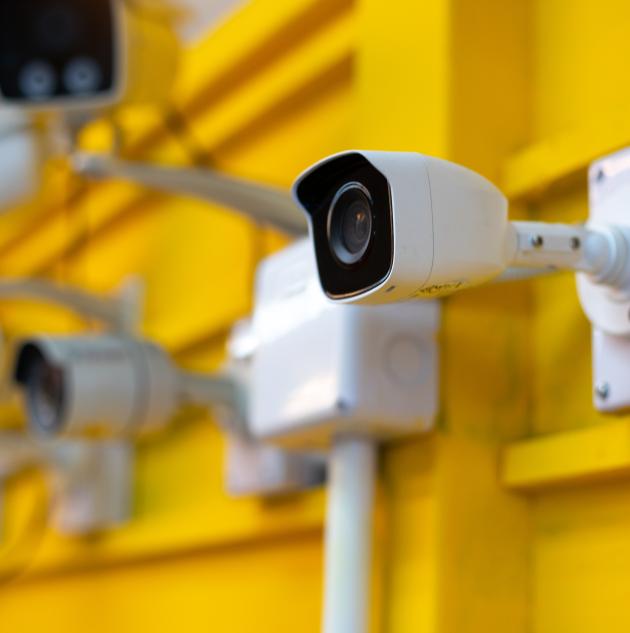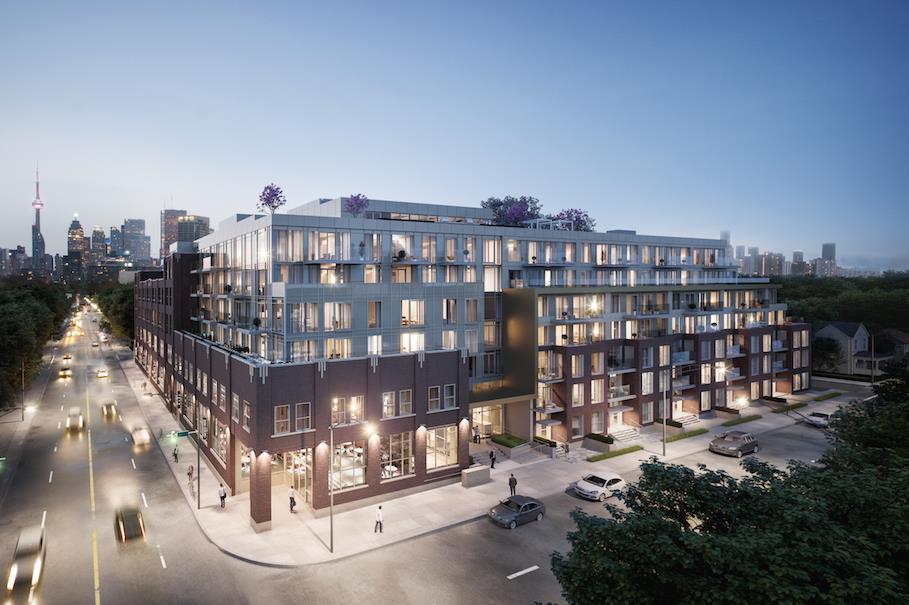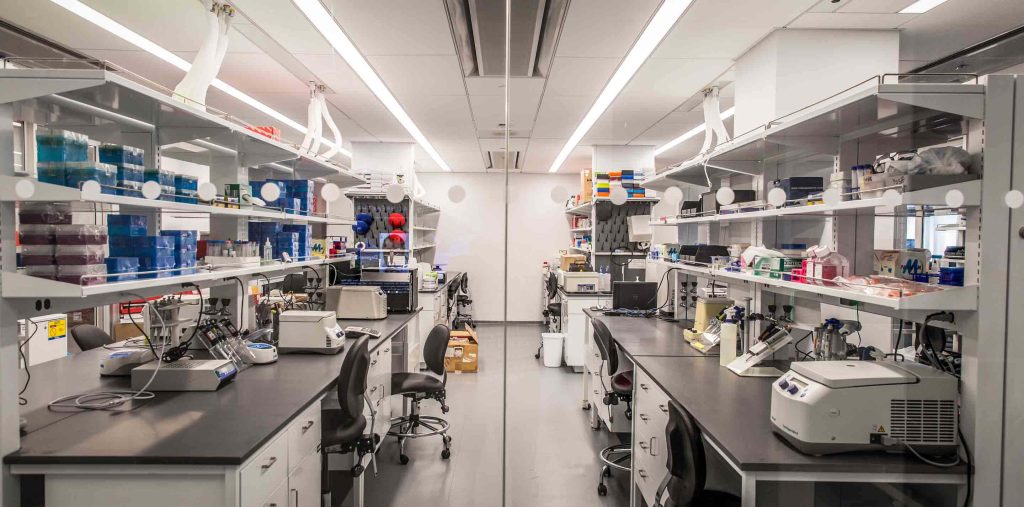In an increasingly digital and interconnected world, the need for robust commercial security systems has never been more critical. Businesses of all sizes face a wide array of security threats, ranging from physical breaches to cyber-attacks. Navigating the landscape of commercial security systems can be a complex task, but it is essential for safeguarding your company’s assets, data, and reputation. Before diving into the world of commercial security systems, it is crucial to grasp the multifaceted nature of threats that businesses face. These threats can be categorized into two main groups – physical and digital.
Physical Threats – These include burglary, vandalism, employee theft, and acts of violence. Effective security systems in this realm may involve access control, video surveillance, and alarm systems to deter, detect, and respond to such threats.
Digital Threats – In the digital age, businesses are vulnerable to cyber-attacks such as data breaches, ransomware, and phishing. Cybersecurity measures like firewalls, intrusion detection systems, and data encryption are critical for safeguarding sensitive information.

The core components of commercial security systems can be divided into several categories:
Access Control Systems – These regulate who can enter specific areas of your business. Access cards, biometric systems, or keypad entry are common methods. Effective access control limits unauthorized entry, safeguarding sensitive areas.
Video Surveillance – Video cameras, both visible and hidden, play a significant role in deterring theft and vandalism. They also provide invaluable evidence in case of incidents and learn more.
Intrusion Detection and Alarm Systems – These are designed to alert you when there is an unauthorized entry or breach. They can be linked to central monitoring systems or directly to law enforcement for quick response.
Fire and Safety Systems – Beyond security, ensuring the safety of your employees and assets is paramount. Fire alarms, sprinkler systems, and emergency lighting are essential components.
Cybersecurity Solutions – Protecting your digital assets is equally vital. This involves antivirus software, firewalls, encryption, regular updates, and employee training to prevent cyber threats.
Choosing the Right System for Your Business
Risk Assessment – Begin by conducting a comprehensive risk assessment. Understand the specific security threats your business faces. This will help you prioritize security measures.
Budget Considerations – Commercial security systems can vary widely in cost. Determine your budget and allocate resources accordingly.
Scalability – Your security needs may change as your business grows. Ensure that the systems you choose are scalable and adaptable to your evolving requirements.
Integration – An integrated system that combines various components can provide a more holistic security solution. For instance, combining video surveillance with access control can offer a more robust defense.
Compliance – Depending on your industry, you might need to comply with specific security regulations and standards. Ensure your system meets these requirements.
Professional Installation and Monitoring – Many businesses opt for professional installation and monitoring services. This ensures that your security system is correctly set up and monitored 24/7, providing a rapid response to any security breaches.
Whether it is safeguarding your physical premises or fortifying your digital defenses, a well-considered security system is an investment in the safety and future of your business.




